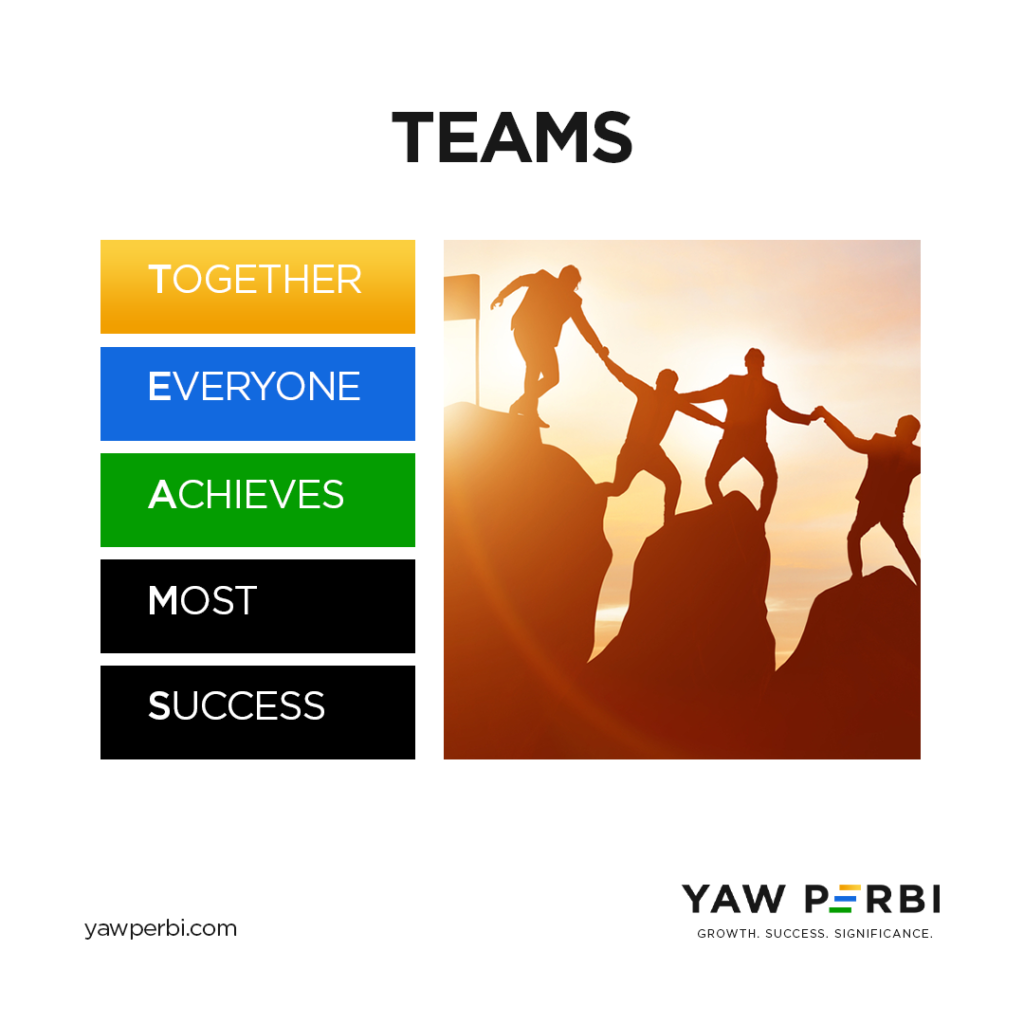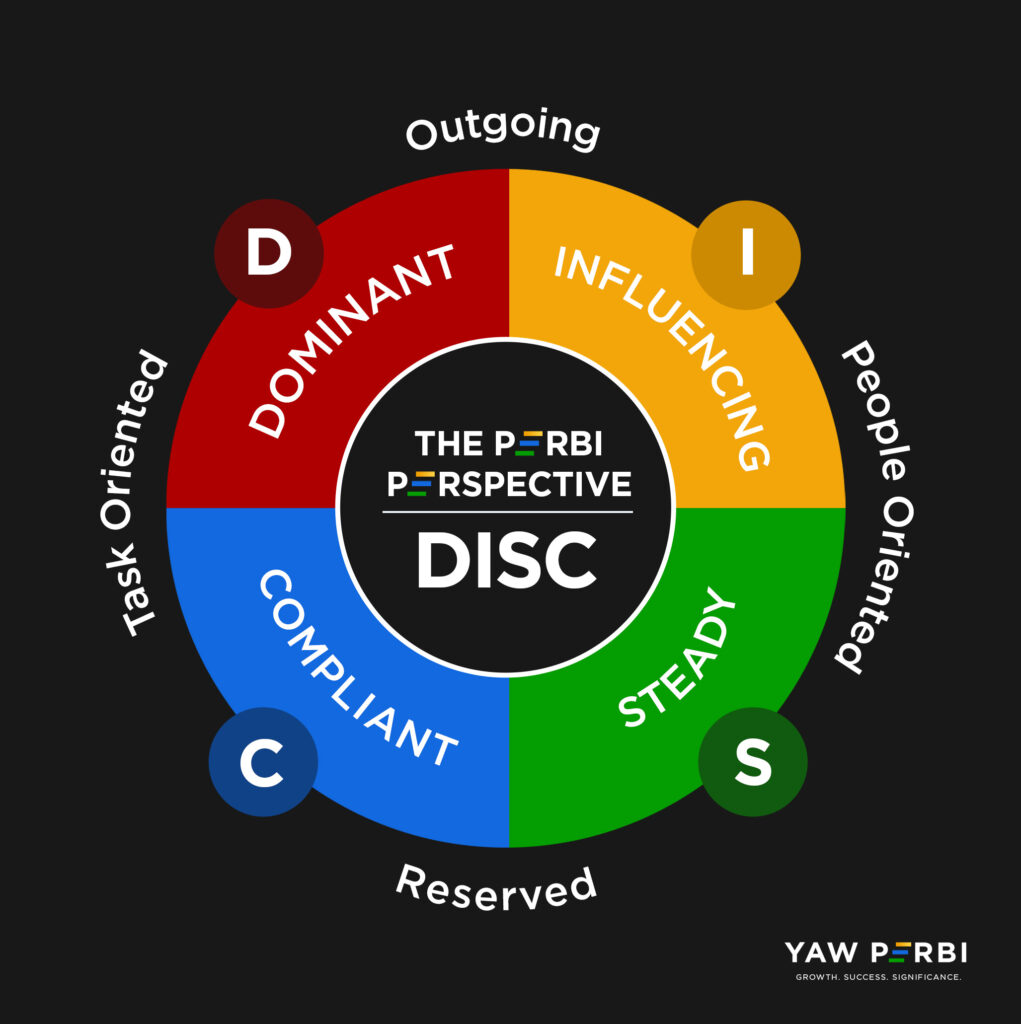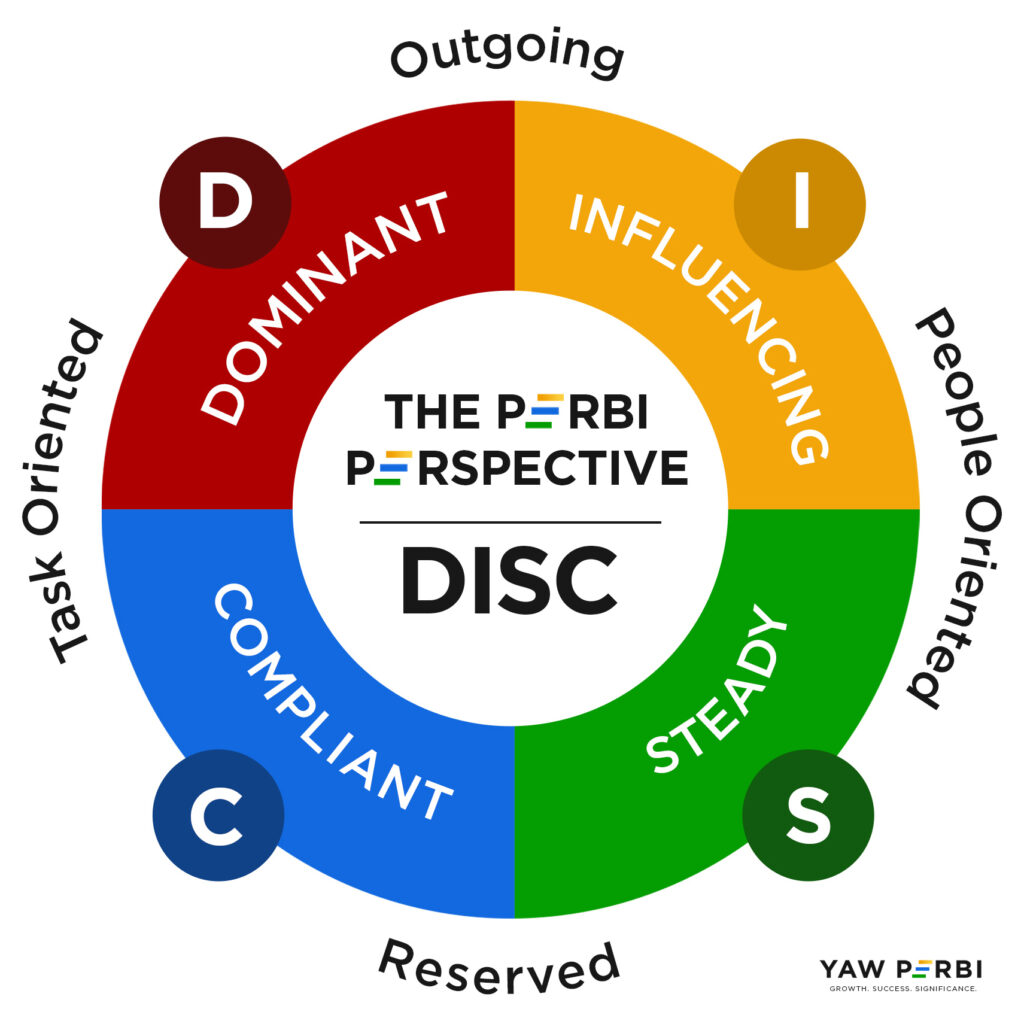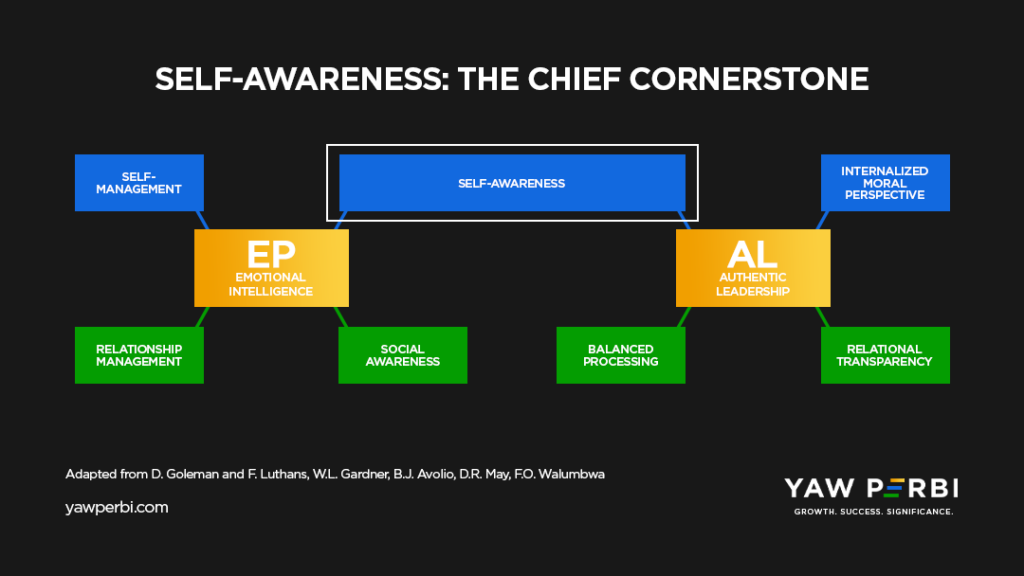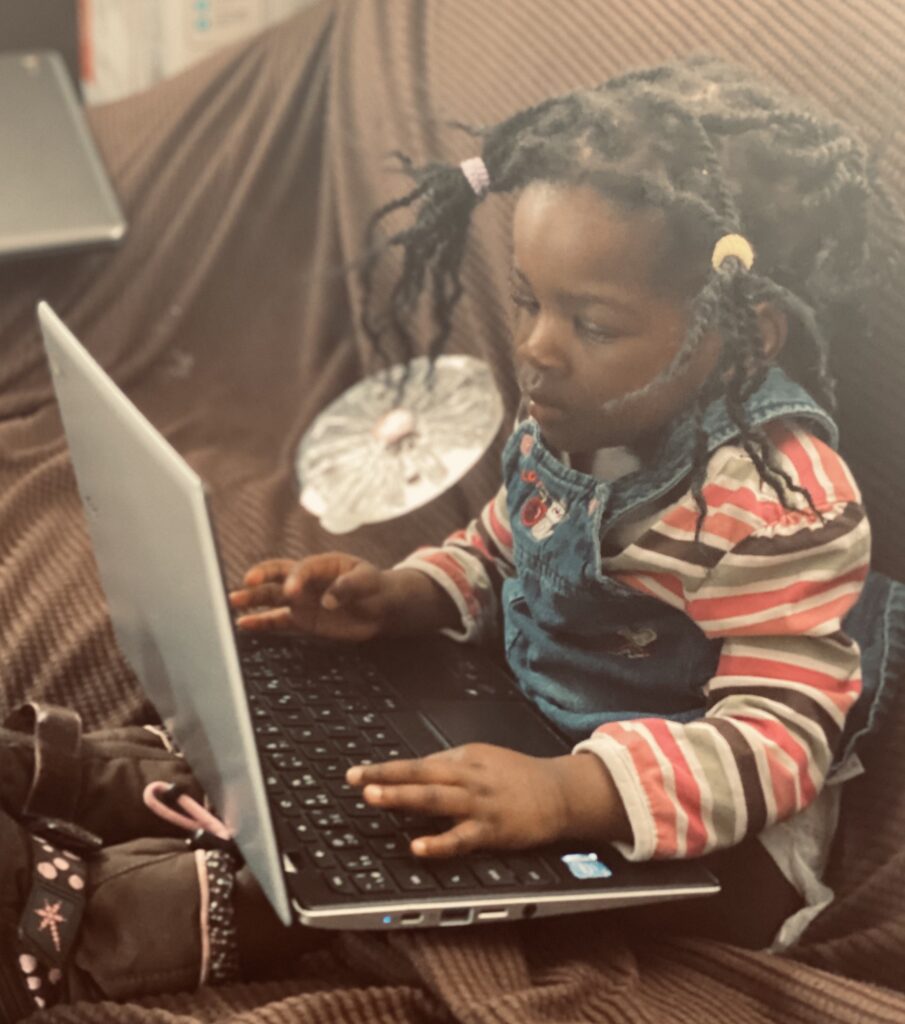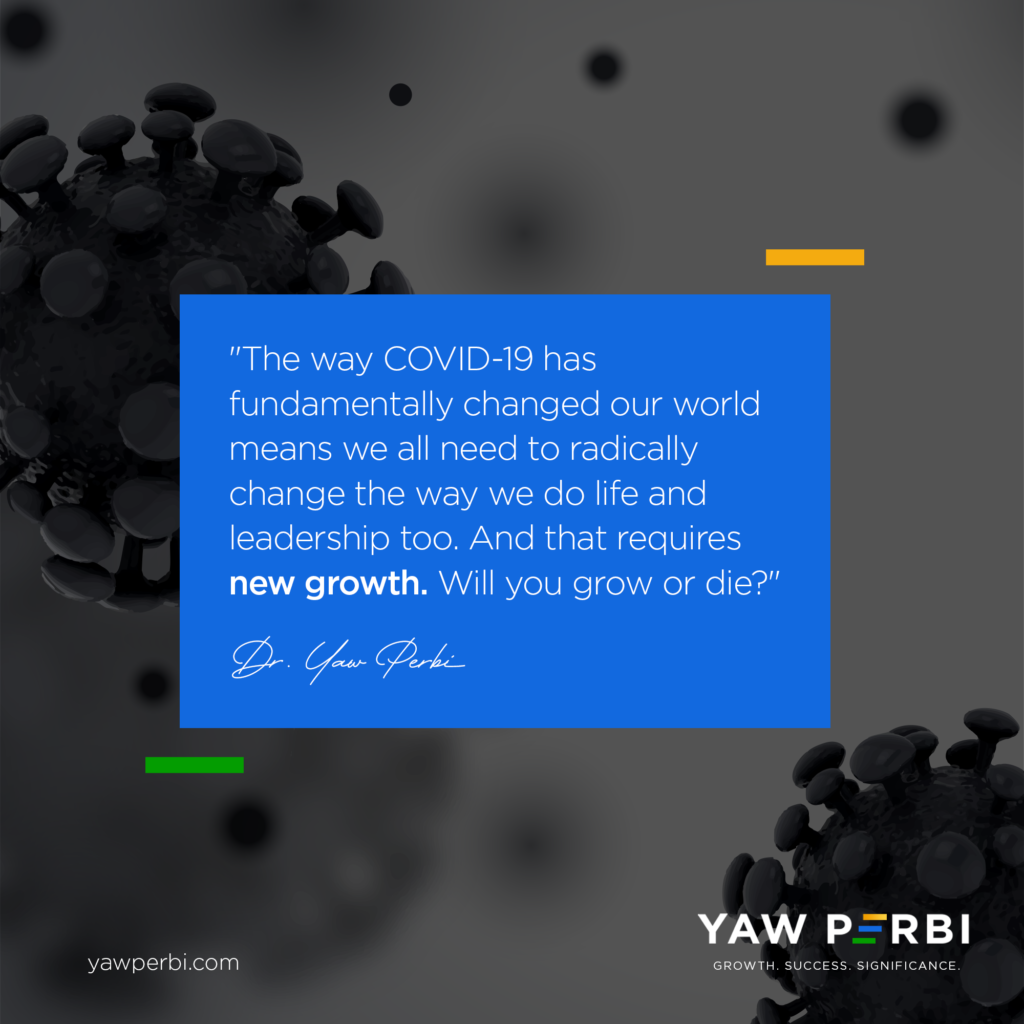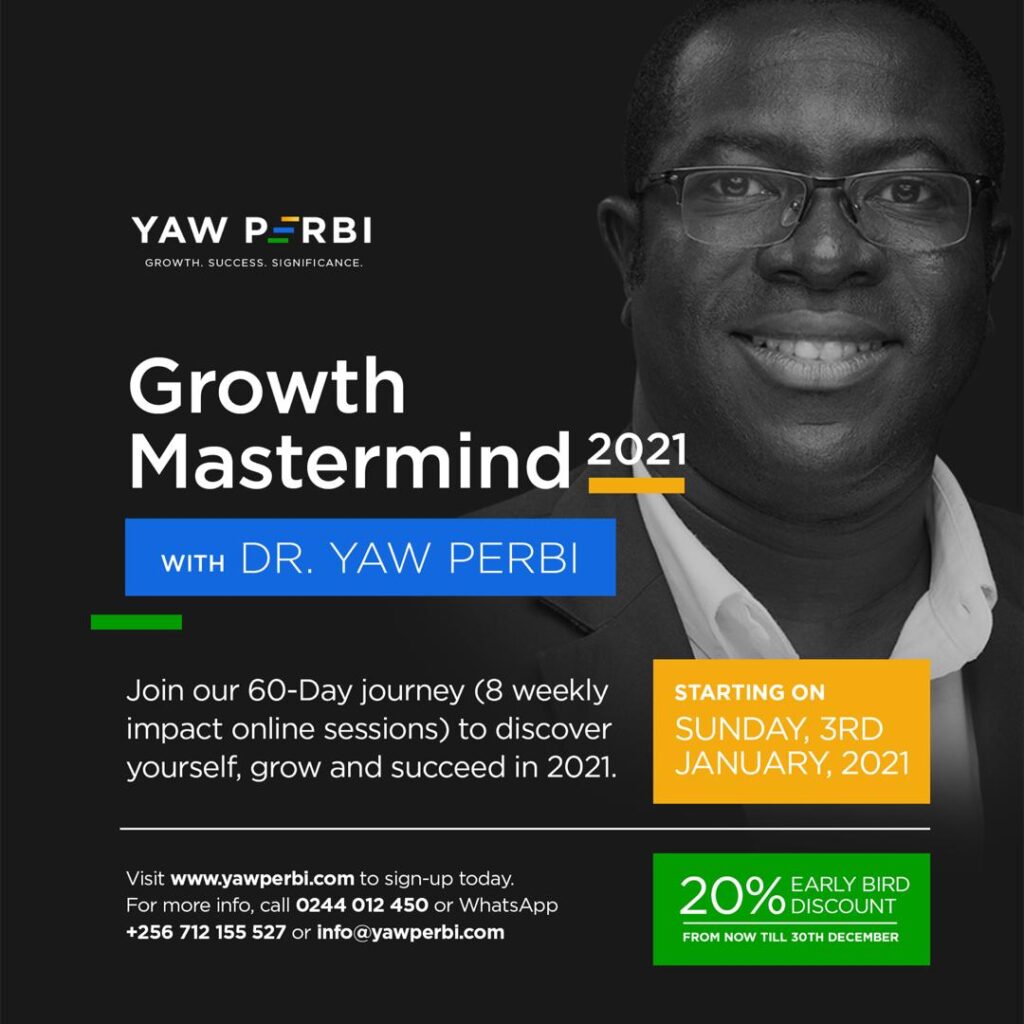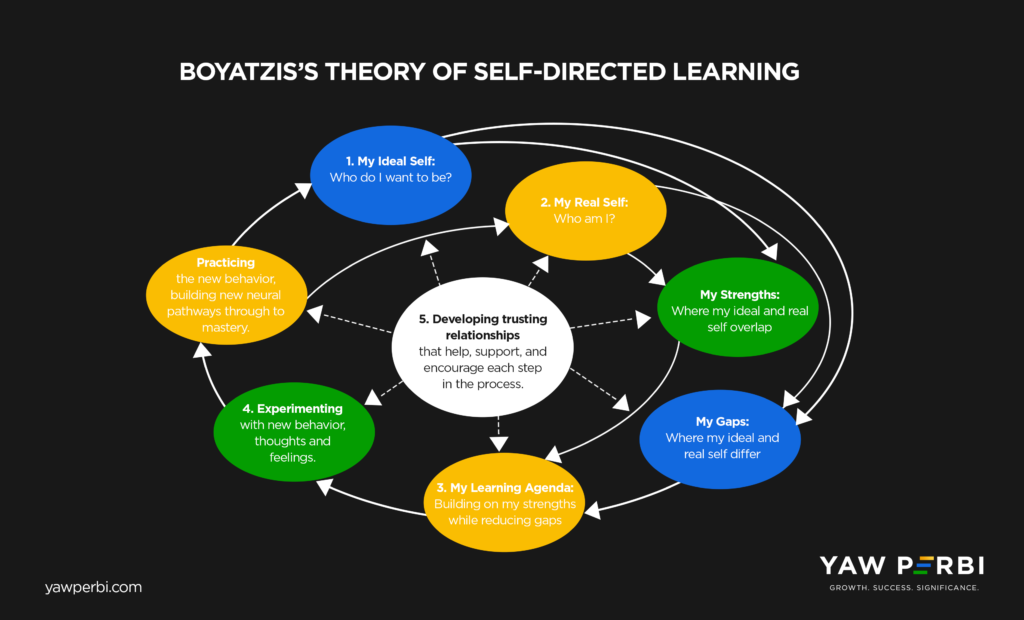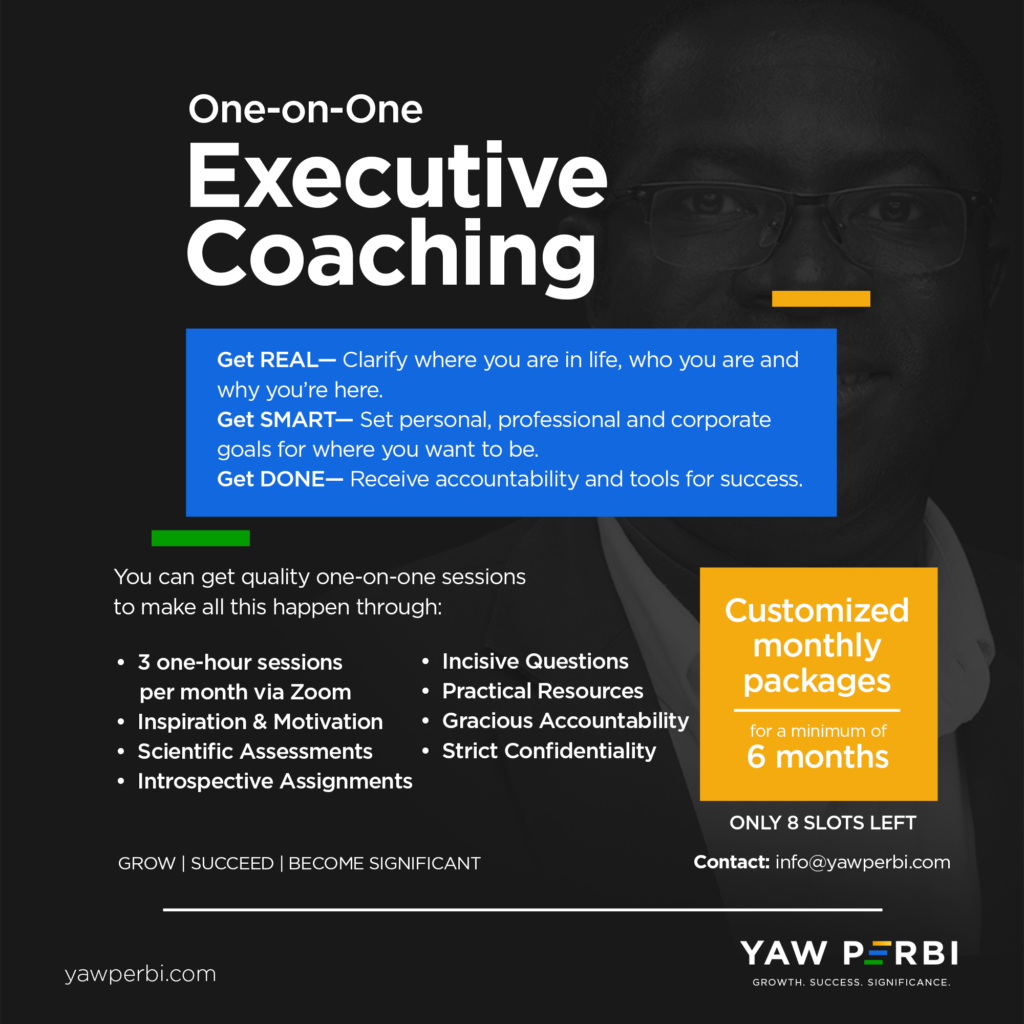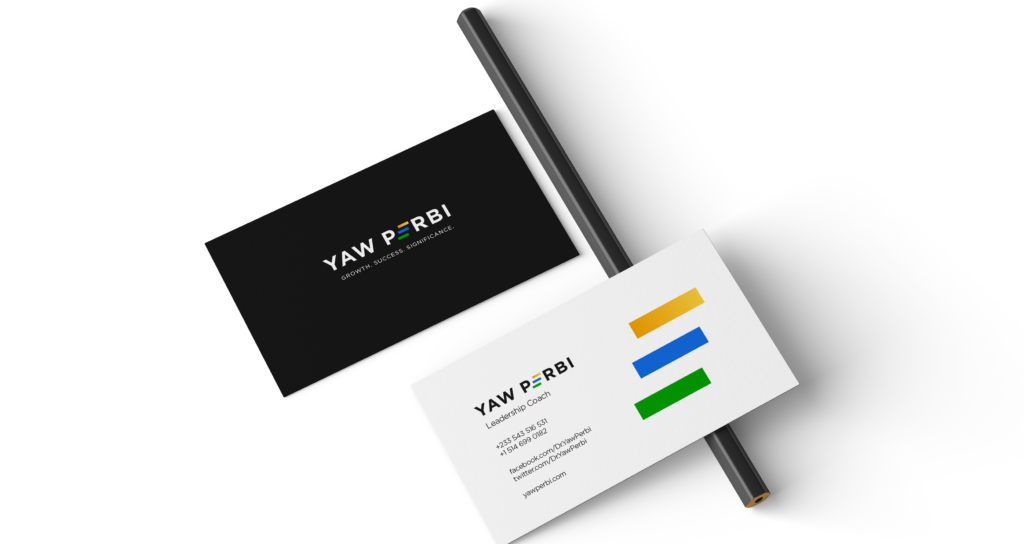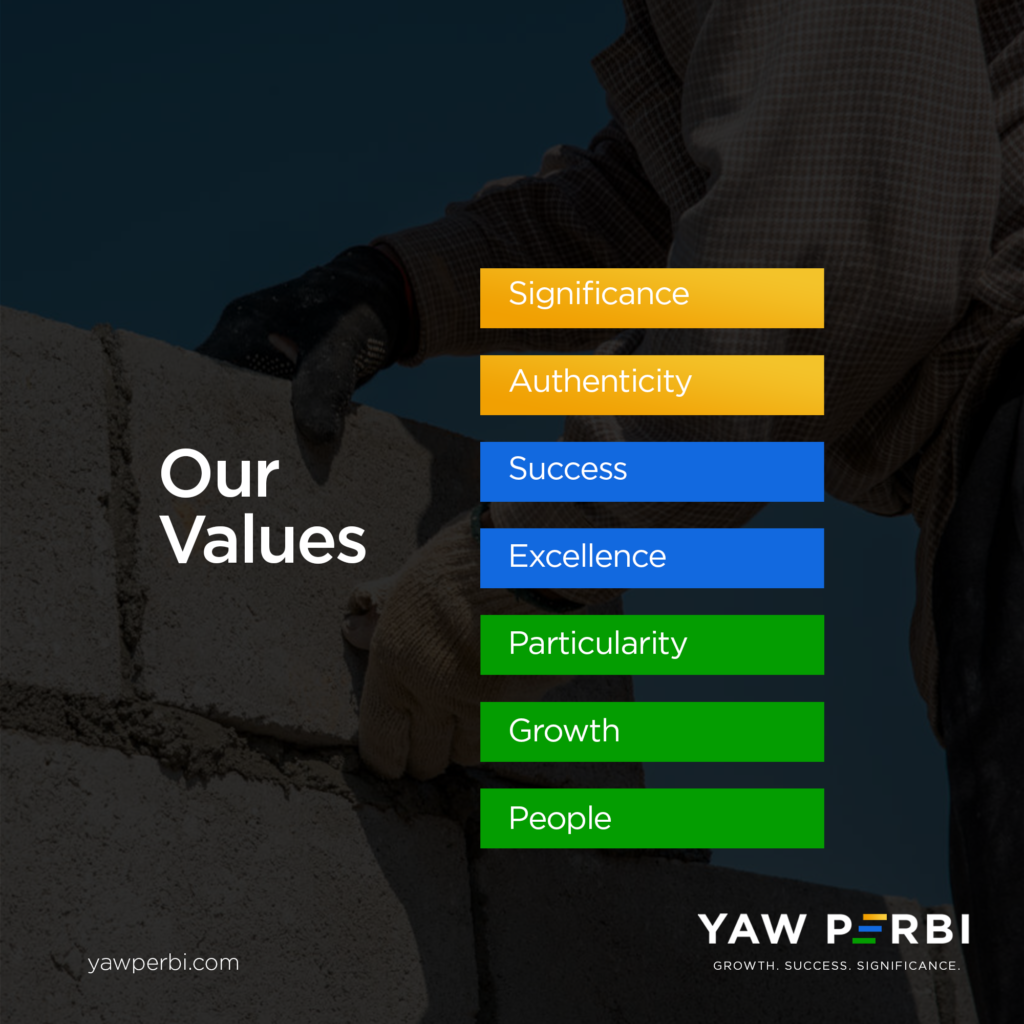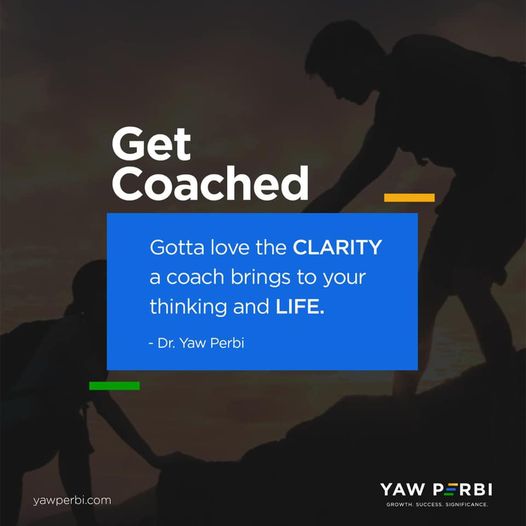
50 Shades of Coaching
Here is a list of about 50 kinds of coaching:
❖ Academic Coaching: Helping One Achieve Academic Excellence
❖ ADD/ADHD Coaching: To Understand the Most Common Learning Disorder – Attention Deficit Disorder / Attention Deficit Hyperactivity Disorder
❖ Alternative Lifestyle Coaching: To Get You Motivated, Strengthen Your Commitment and Re-align Your Goals
❖ Athlete Coaching: To Help Athletes Live a Balanced Life, Both Personally and Professionally
❖ Assessment Coaching: Walking Through Behavioral, Personality and Other Assessments Like the DISC
❖ Bereavement Coaching: Walking Through Painful Events with a Like Mind
❖ Business Coaching: Your Way to Business Success
❖ Career Coaching: Your Way to Fulfilling Your Financial Dreams
❖ Christian Life Coaching: Your Way to Emotional Maturity and Spiritual Fruitfulness
❖ College Entrance Coaching: Helping You Attend the School of your Dreams
❖ Communication Coaching: Opening Up the Link Between People
❖ Conflict Coaching: Working One on One to Achieve Balance
❖ Co-Parenting Coaching: Helping Divorced Parents Create a Positive, Workable Parenting Relationship
❖ Couples Coaching: Improving Communication Between Partners
❖ Creativity Coaching: Creative Struggle is Integral to the Life of the Artist
❖ Divine Purpose Coaching: To Re-Identify and Connect with One’s Centre
❖ Divorce Coaching: Helping People Transition to a New Life
❖ End of Life Coaching: Helping Those Left Behind
❖ Entrepreneur Coaching: For More Than Starting up a New Business
❖ Ethics Coaching: Living with Authenticity
❖ Executive Coaching: Moving the C-Suite On an Up to Take Your Team to the Next Level
❖ Family Coaching: Helping Families Work Through Difficult Issues
❖ Health and Wellness Coaching: Focusing on the Whole Being
❖ Holistic Health Coaching: Finding the Light at the End of the Tunnel and Balancing the Mind, Body and Spirit
❖ Laughter Coaching: To Bring More Lightness and Freedom
❖ Leadership Coaching: Putting You in the Right Direction to Chart the Course for Others
❖ Life Coaching: Your Way to Personal Success
❖ Men’s Empowerment Coaching: Helping Men Succeed with Excellence
❖ Military Transition Coaching: Helping You Adapt to Civilian Life
❖ Motivational Coaching: Helping One Achieve Personal Excellence
❖ Nature Coaching: Helping to Become One with Nature
❖ New Age Coaching: Self-help and New Thought Modalities
❖ Organizational Coaching: Clearing the Way to Clarity and Direction
❖ Parenting Coaching: Helping Parents Communicate and Understand their Children
❖ Pastoral Coaching: Coming Alongside Shepherds of God’s People
❖ Peer Coaching: Coaches Coaching Coaches
❖ Personal Development Coaching: Centers Around the Aspects of One’s Personal life
❖ Personal Finance Coaching: Your Way to Financial Freedom
❖ Physician Coaching: Helping Physicians Find a New Journey
❖ Recovery Coaching: Your Way to Recovering with Success
❖ Relationship Coaching: Building Personal and Professional Relationships
❖ Retirement Coaching: Transitioning to a New Life Stage
❖ Sales Coaching: Your Way to Increased Success and Profitability
❖ Self-Esteem Coaching: Helping People with Feelings of Value and Worth
❖ Singles Coaching: Helping Singles Find Healthy, Loving Relationships
❖ Special Needs Coaching: Helping Disabled Families and Individuals
❖ Spiritual Coaching: Helping People to Connect to the Divine
❖ Stress Management Coaching: Helping People Identify and Reduce Stress
❖ Success Coaching: Your Pathway to Personal and Professional Success
❖ Transitional Coaching: Helping People Through Big Life Changes
❖ Transpersonal Coaching: Finding Your Greatest Potential
❖ Weight Loss Coaching: Discovering New Healthy Lifestyles
❖ Women’s Empowerment Coaching: Encouraging Women to Embrace Their Talents
❖Youth Empowerment Coaching: Encouraging Young People to Discover and Fulfill Their Potential
This list is an adaptation of a list of 52 Life Coaching Niches Working Miracles Everyday by our coaching partner Barbara Wainright. You may go here to download a free copy of the book to discover which coaching niche is right for you!
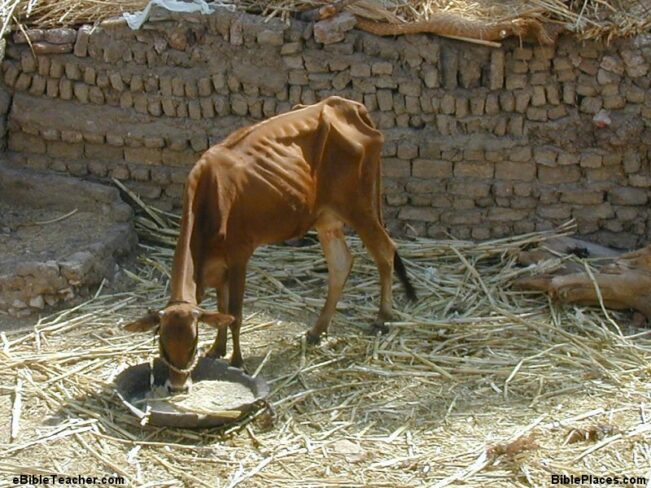
The Little Cow
The first time I heard the story about the little cow, it was from the lips of a millionaire. Gathered in the conference room of some hotel in mid-town Montrèal, this man who had made his money from the financial services industry was urging us on to let go of our little cows, mainly JOBs (which people in his circle called “Just Over Broke”) and go chasing those dreams that will stretch us, pain us but in the end be most gratifying.
Recently, I decided to search online for the story and finally found it, author unknown. Here goes.
The Little Cow – Unkown Author
A master of Wisdom was traveling through the countryside with his apprentice when they came to a small, disheveled shack on a meagre piece of farmland. “See this poor family,” said the Master, “Go see if they will share with us their food.”
“But we have plenty,” said the apprentice.
The master said, “Do as I say.”
The obedient apprentice went to the home. The good farmer and his wife, surrounded by their seven children, came to the door. Their clothes were dirty and in tatters.
“Fair greetings,” said the apprentice, “My Master and I are sojourners and want for food. I’ve come to see if you have any to share.”
The farmer said, “We have little, but what we have we will share.” He walked away, and then returned with a small piece of cheese and a crust of bread. “I am sorry, but we don’t have much.” The apprentice did not want to take their food but did as he had been instructed. “Thank you. Your sacrifice is great.”
“Life is difficult,” the farmer said, “but we get by. And in spite of our poverty, we do have one great blessing.”
“What blessing is that?” asked the apprentice.
“We have a little cow. She provides us milk and cheese, which we eat or sell in the marketplace. It is not much but she provides enough for us to live on.”
The apprentice went back to his Master with the meagre rations and reported what he had learned about the farmer’s plight. The Master of Wisdom said, “I am pleased to hear of their generosity, but I am greatly sorrowed by their circumstance. Before we leave this place, I have one more task for you.”
“Speak, Master.”
“Return to the shack and bring back their cow.”
The apprentice did not know why, but he knew his Master to be merciful and wise, so he did as he was told. When he returned with the cow, he said to his Master, “I have done as you commanded. Now what is it that you would do with this cow?”
“See yonder cliffs? Take the cow to the highest crest and push her over.”
The apprentice was stunned. “But Master…”
“Do as I say.” The apprentice sorrowfully obeyed. When he had completed his task, the Master and his apprentice went on their way.
Over the next years, the apprentice grew in mercy and wisdom. But every time he thought back on the visit to the poor farmer’s family, he felt a pang of guilt. One day he decided to go back to the farmer and apologize for what he had done. But when he arrived at the farm, the small shack was gone.
Instead there was a large, fenced villa.
“Oh no,” he cried, “The poor family who was here was driven out by my evil deed.” Determined to learn what had become of the family, he went to the villa and pounded on its great door. A servant answered the door.
“I would like to speak to the master of the house,” the apprentice said.
“As you wish,” said the servant. A moment later a smiling, well-dressed man greeted the apprentice.
“How may I serve you?” the wealthy man asked.
“Pardon me, Sir, but could you tell me what has become of the family who once lived on this land but is no more?”
“I do not know what you speak of,” the man replied, “my family has lived on this land for three generations.”
The apprentice looked at him quizzically. “Many years ago I walked through this valley, where I met a farmer and his seven children. But they were very poor and lived in a small shack.”
“Oh,” the man said smiling, “that was my family. But my children have all grown now and have their own estates.”
The apprentice was astonished. “But you are no longer poor. What happened?”
“God works in mysterious ways,” the man said, smiling. “We had this little cow that provided us with the slimmest of necessities, enough to survive but little more. We suffered but expected no more from life. Then, one day, our little cow wandered off and fell over a cliff. We knew that we would be ruined without her, so we did everything we could to survive. Only then did we discover that we had greater power and abilities than we possibly imagined and never would have found as long as we relied on that cow. What a great blessing from Heaven to have lost our little cow.”
COW & COIN CONCLUSION
Everyone of us has a little cow that stands in the way of fulfilling our full potential. So what’s your little cow? Now imagine a little child who remains tight-fisted over a quarter, a 25-cent coin, when you are eager to give them a $100 bill you’re hiding behind you and encouraging them to ‘open up’ and ‘let go’ of the quarter to receive. They aren’t able to receive the $100 because they would rather keep the little that’s surely in hand than open their palm and risk losing the quarter, although they might very well know that what they could gain might be way better.
You probably have heard it said that often the enemy of the best is the good. What is your little coin or little cow. Let it go; kill it!
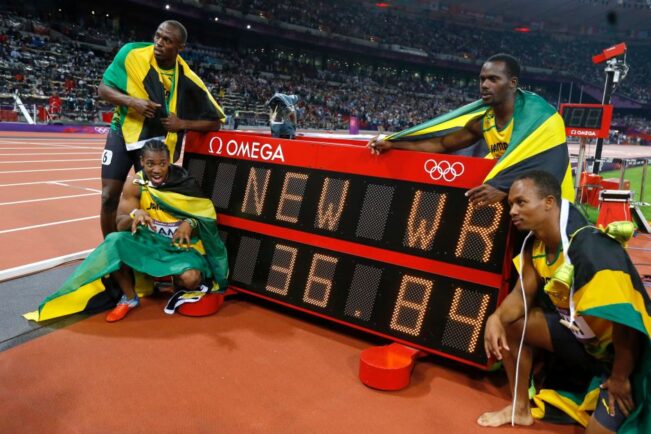
TEAMS | Together Everyone Achieves Most Success
The story is told of an anthropologist who introduced a game to the children of an African tribe. He placed a basket of delicious fruits near a tree trunk and told them: “The first child to reach the tree will get the basket.”
When he gave them the start signal, to his astonishment they were walking together, holding hands, until they all reached the tree. They simply shared the fruits and happily ate them! So baffled, with a furrowed brow he asked them, “Why did you do that when any one of you could get the basket only for yourself?”
They answered with glee, and to his amazement, “Ubuntu!”
“How can one of us be happy if all the rest are miserable?”
“Ubuntu” in their civilization means “I am because we are.” It is Xhosa from the African continent. The venerable Archbishop Desmond Tutu explains: “Africans have a thing called ubuntu. It is about the essence of being human, it is part of the gift that Africa will give the world. It embraces hospitality, caring about others, being willing to go the extra mile for the sake of another. We believe that a person is a person through other persons, that my humanity is caught up, bound up, inextricably, with yours. When I dehumanize you, I inexorably dehumanize myself. The solitary human being is a contradiction in terms. Therefore you seek to work for the common good because your humanity comes into its own in community, in belonging.”
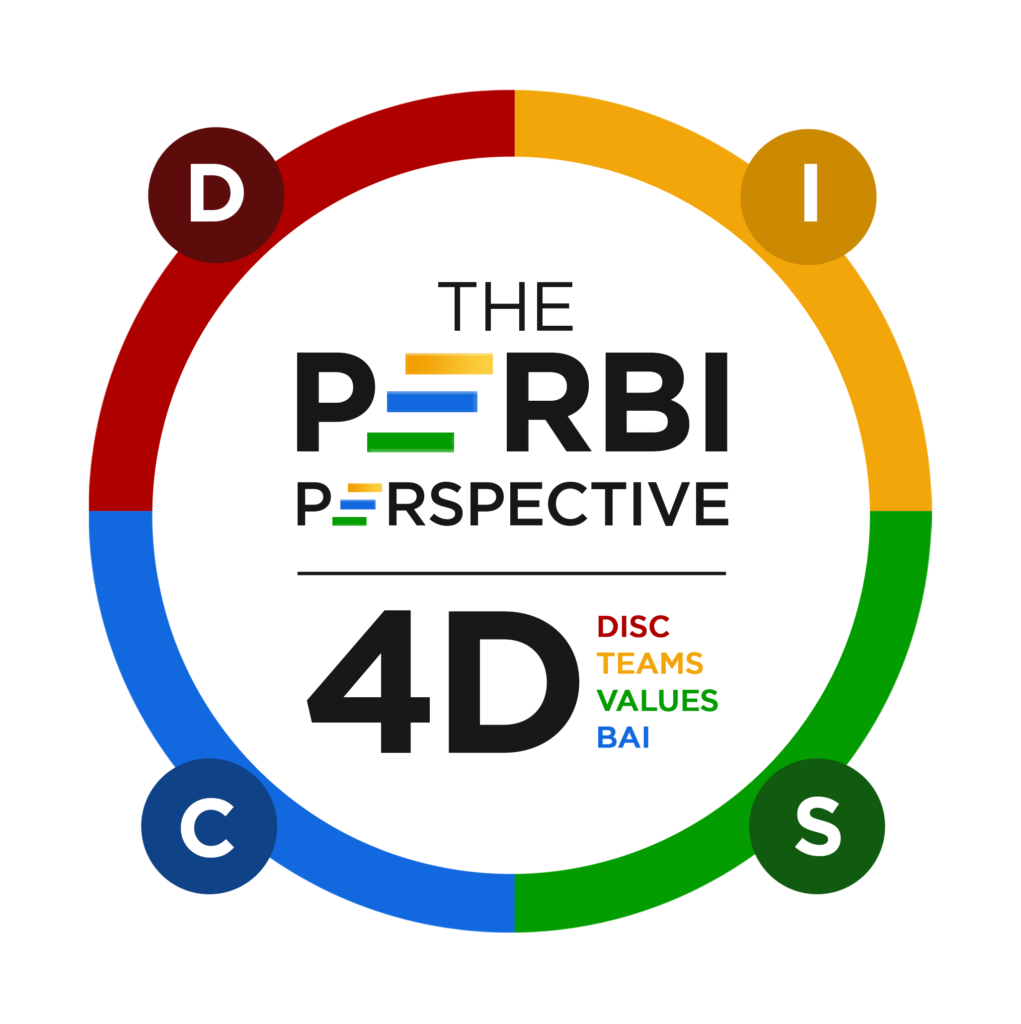
The 4D assessment digs deeper beneath the tip of the iceberg of one’s behaviour as a leader, starting with in one’s unique place in TEAMS
TEAMS THEME LIKE A BROKEN RECORD
Together Everyone Achieves Most Success. The theme of teamwork just won’t go away! To those around me, I must’ve sounded like a broken record over the period. Ah! But broken record will soon take on another important meaning. Read on. It began a couple of weeks ago as I was finishing a write-up for our 4D assessment (image above) at YAW PERBI. The TEAMS portion of the assessment posits that TEAMS should consist of at least one each of a Theorizer, Executor, Analyzer, Manager and Strategist, that idea itself also forming another acronym for TEAMS. No one has all six. Even if they did, they wouldn’t be able to function optimally when all are needed simultaneously. Whatever you don’t have, the Creator has put in someone next to you in your ecosystem. A network is about nextwork, basically a net of next workers.
This became very apparent to me when over these same couple of weeks I happened to be reading the old jewish book of Nehemiah, the guy in diaspora who returned to Jerusalem to lead a rebuilding campaign. The dominant word in the text about the rebuilding is “next.” An array of people, from priests to perfume-makers, male and female, built the next session of the broken walls of the city, some right in front of their house, until walls that had been down for over a century were rebuilt in only fifty-two days! Indeed, teamwork makes the dream work!
Former U.S. President Lyndon Johnson put it another way, “There are no problems we cannot solve together, and very few that we can solve by ourselves.” Going east, the Chinese have a proverb too that says, “Behind an able man there are always other able men.”
BETTER TOGETHER, FOR SURE!
Again over these same couple of weeks, my mother-in-law forwarded a video to me, featuring a passionate speaker who was emphasizing the power of building together. Incidentally, I happened to know the man–pastor Forbes of The Gambia, whose church in Banjul I had the privilege of speaking at about a decade ago. I quickly sent him word that he was trending. And he was. Forbes made a terrific point about how the fastest man in the world remains Usain Bolt of Jamaica, with a 2009 world record he set at 9.58 seconds remaining unbroken by any other human being for a dozen years now. Yet the 4 x 100m relay record by Bolt and three others stands at 36.84s, meaning an average of 9.21 seconds per runner. Get that? That’s a whole 37 seconds better than the best man in the world! That’s the power of team work, of synergy. All of us together, are better than any one of us, even the best of us, any day!
Take the game of soccer too. It doesn’t matter what a great goalkeeper one is, no one wins the game without good strikers who score goals (not to talk of the rest the complimentary forwards and midfielders). In the same way, one may be the best goalscorer in the world but without a strong defence, including goalkeeping, you will be outscored and lose the game. Great leadership assembles a great team of diverse people in gender, ethnicity, age etc. but especially in thinking styles and task orientation.
Every team member has a place where they add the most value. You don’t want to put the best goalscorer as a goalkeeper or vice-versa. You’ve got to know yourself and where you have most value, in order to know where you lack and who to bring on board. Likewise, everyone else on the team should know their niche. In The 17 Indisputable Laws of Teamwork, John Maxwell puts this essential need to have the right people in the right places well on TEAMS as follows:
-
-
-
- The Wrong Person in the Wrong place = Regression
- The Wrong Person in the Right Place = Frustration
- The Right Person in the Wrong Place = Confusion
- The Right Person in the Right Place = Progression
- The Right People in the Right Places = Multiplication
-
-
IN THE END…
All of us together are better than the best of us, any day, every time! Even better than a Usain Bolt! Ubuntu! I am because we are. What is the Theorist without an Executor? What would an Analyzer do without a Manager or Strategist? TEAMS is the way to go. The children of Africa know it. Do we? Together Everyone Achieves Most Success!
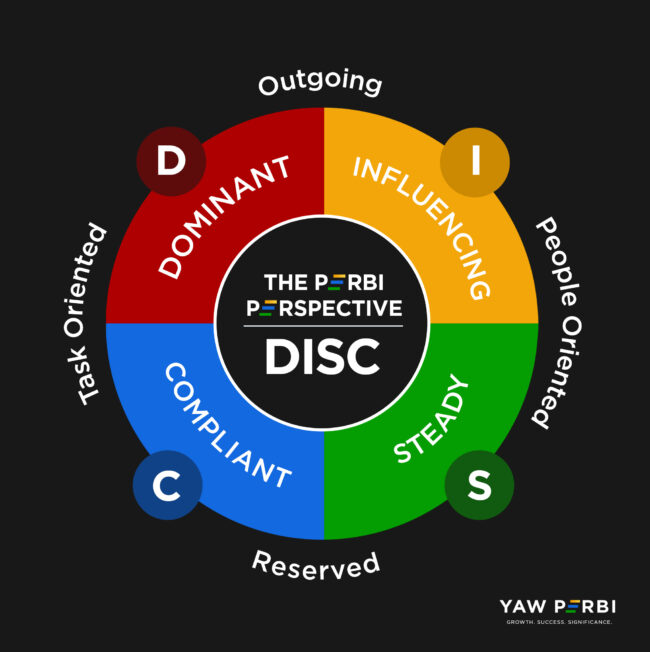
Getting DISCed is as Important as Getting Vaxxed!
It’s amazing how much most people know about subjects in our world, literally from Archaeology to Zoology, but very little or no ME-logy! In my book, Cutting a Straight Path: Leading with Self-Awareness, I ask these poignant questions:
- How can you live with yourself without knowing who you are?
- How can you be true to what you know little or nothing about: yourself?
- How can you succeed in life, self-actualize, without first becoming self-aware?
- How can you authentically lead others without first learning to know yourself?
- Have you ever felt frustrated why others are hesitant to follow your lead?
“Maybe it’s time to check yourself as a person and as a leader,” is my conclusion. Yes, it’s about time! Indeed, the Chinese have a powerful saying, “Before preparing to improve the world, first look around your own home three times.” Forget about authentic living, let alone authentic leadership, without self-awareness! So welcome to home base. Self-awareness is the starting place of all true and lasting success.
SELF-DISCOVERY THROUGH THE DISC
Self-awareness comes basically by introspection (by ourselves) and feedback (by others). Both however, are greatly enhanced by assessment tools, just like magnifying glasses help us see tiny objects and the binoculars enables us to view distant things closely and clearly. I have found the DISC as an amazing personal assessment tool that is incisive and powerful in the quest for self-awareness. Since 1972 it has been used by over 50 million people to increase self-awareness, stimulate and guide growth and thus increase chances at personal success. It is used to engender teamwork, communication and productivity in the workplace. The DISC has saved many a marriage, including mine!
DISC assessments are used in thousands of organizations around the world, from multilaterals and multinationals to government agencies and Fortune 500 companies, nonprofits and small businesses. Recently, we were privileged to serve the Centre for Disease Control Foundation in Atlanta, USA with nearly 150 of these assessments as they train medical leaders in about 30 nations of the world.
SO WHAT EXACTLY IS DISC?
DISC is an acronym that stands for the four main personality profiles described in the model: (D)ominant, (I)nfluencing, (S)teady and (C)ompliant.
People with D personalities tend to be confident and place an emphasis on accomplishing bottom-line results.
People with i personalities tend to be more open and place an emphasis on relationships and influencing or persuading others.
People with S personalities tend to be dependable and place the emphasis on cooperation and sincerity.
People with C personalities tend to place the emphasis on quality, accuracy, expertise, and competency.
The DISC system we use at YAW PERBI in partnership with People Keys generates 41 personality blends from these basic four, just like many colours of the world are generated through the three primary colours. There’s one I used to coach international students in Canada that was limited to 28 personality blends. What we use now is like the difference between a regular car and a four-wheel drive. As they like to say at People Keys, “people are different, true, but they are predictably different.”
CONVICTION, VISION & MISSION
Our conviction at YAW PERBI is that since every true and lasting success begins with self-awareness, then everyone must have easy and affordable access to self-DISCovery! ACCESS FOR SUCCESS, please! Everyone has a right to self-awareness. We need a DISC Revolution!
Our vision is to see a world of awareness through every individual’s self-DISCovery. We are on a mission to democratize the DISC personality/behavioral assessment until no one is left in the dark. We want to recalibrate all leadership development to begin with self-awareness at the core through the Perbi Perspective DISC is a great start.
CHIEF CORNERSTONE FOR THE CHIEF-LEVEL LEADER
When you read my article on how I build leaders differently now (compared to 10-15 years ago), you will understand my seriousness about this issue of recalibrating all leadership development to begin with self-awareness. People have big, fat leadership books and terabytes of leadership materials and yet have next to zero knowledge of themselves. What sense is there in that? I was telling a certain Christian leader the other day that he can forget the list of a dozen books people typically ask me to recommend for leadership training and development. The only two books his emerging leaders need to learn almost everything they need to know about leadership are a self-awareness printout of their DISC assessment and the Scriptures. Every other book is garnishing.
In all the major success paradigms, praxes and paths—from Emotional Intelligence to Authentic Leadership—self-awareness is first base, the chief cornerstone. I increasingly get alarmed when I encounter C-level executives, both in the public and private sector, who have never taken a personality assessment like the DISC!
STRATEGY AND HOPE
Some say hope is not a strategy but I beg to differ. (I’ll leave that argument for another day, another blog). I have hope that together we can strategically exponentially multiply impact through an army of Accredited DISC Coaches and Certified Behavioural Consultants while significantly creating thriving businesses and income for all! Just like our governments wish to get everyone vaccinated, we at YAW PERBI desire to get everyone DISCed! The former may be controversial to some, but you had better not second guess the latter. Everyone has a right to self-awareness to grow and succeed. Would-be authentic leaders really have no choice in this primary matter. We need a DISC Revolution!
P.S.
If you want to join the DISC Revolution by becoming an Accredited DISC Coach or a Certified Behavioral Consultant click here. Anyone who wants to get DISCed personally may start here.
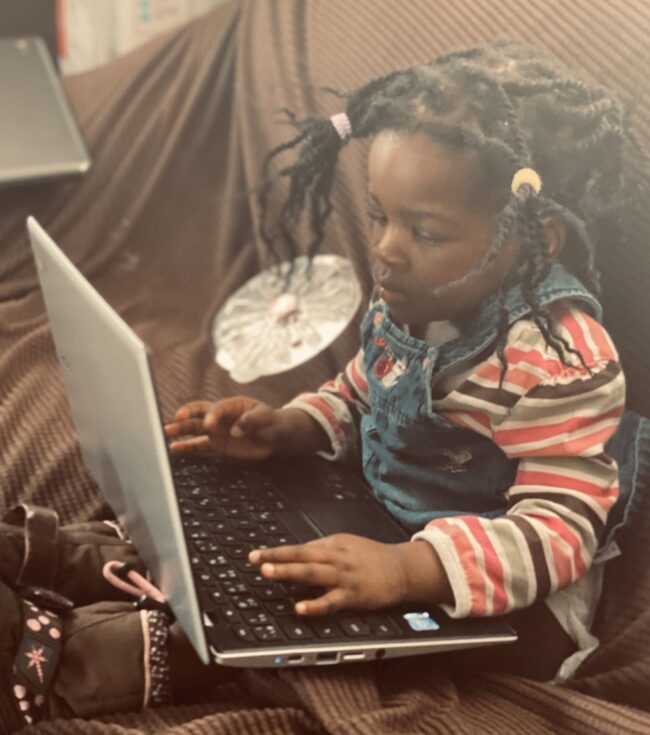
Work harder on yourself than you do on your job.
Over the last week, somehow this notion of needing to work harder on yourself than you do on your job has come up with two or three different coaching clients. For the CEO of a crucial agro business firm in West Africa, the financial services entrepreneur in Canada and the PhD-wielding academic on the east coast of the United States, the three reasons I’m about to share held true. It is true for you too.
For the record, I work hard and believe in hard work. I also work smart and absolutely promote the idea of brain over brawn anyway. Over a decade ago I came up with the phrase, “brain power pays; muscle power pains.” I subscribe to the Pauline exhortation that “whatever you do, work at it with all your heart, as working for the Lord and not for man.” So by all means, work hard and smart on your job, but work even harder and smarter on yourself.
Here are three reasons why:
1. WHO YOU ARE IS MORE IMPORTANT THAN WHAT YOU DO
No matter how hard or smart you work, the instrument for the doing the do is you. If the input into you doesn’t match or exceed the output, that will soon be your undoing. Let me put it in a way one of my staff in British Columbia said it to me a few years ago: “If your output exceeds your input, then your upkeep will be your downfall.” Classic! Not only will you soon not be effective and efficient when your self input is less than your job output, it is unsustainable and you might end up becoming irrelevant. And sometimes, irrelevant not just in terms of knowledge and skills for a context that has progressed because you’re not healthy or even physically alive anymore–you killed the goose that lays the golden eggs!
Consider these sagacious words of educator Palmer Parker:
“When I give something I do not possess, I give a false and dangerous gift, a gift that looks like love but is, in reality, loveless—a gift given more from my need to prove myself than from the other’s need to be cared for…. One sign that I am violating my own nature in the name of nobility is a condition called burnout. Though usually regarded as the result of trying to give too much, burnout in my experience results from trying to give what I do not possess—the ultimate in giving too little! Burnout is a state of emptiness, to be sure, but it does not result from giving all I have; it merely reveals the nothingness from which I was trying to give in the first place.”
Remember, who we are is more important that what you do, because we do whatever we do out of who we are: our identity, character, values.
2. ONE MEANS A LIVING, THE OTHER MEANS A FORTUNE
Classic motivational speaker of blessed memory, Jim Rohn, poignantly put this in a way like nobody else has: “Learn to work harder on yourself than you do on your job. If you work hard on your job you can make a living, but if you work hard on yourself you’ll make a fortune.” This statement, I believe, is a variation of timely advice Jim himself received from his mentor J. Earl Schoaf. Jim had heard him give the reason for why the job only pays the bills but the latter ends in billions: work harder on yourself than you do on your job; your income is directly related to your philosophy, not the economy; and for things to change, you must change.
From a one-year college drop out living from pay check to pay check as a stock clerk at Sears, this advice catalyzed a five-year mentorship of Rohn by Shoaff, encouraging him to develop himself and pursue his dream of a better life such that by age thirty one, Rohn was a millionaire! It was a really sad day when this motivator of motivators like Anthony Robbins, Less Brown, Brian Tracy and Denis Waitley, passed away in December 2009.
Friend, work harder on yourself–from your paradigms through your attitudes to your skills. It’s the software that you carry and apply to a variety of endeavours, not only your job, that will unlock abundant wealth and well-being.
3. JOBS COME AND GO BUT YOU’LL STILL BE HERE
Sometimes people leave jobs; other times jobs leave people. In the kind of post-pandemic economies we have now, more jobs leave people than people leave jobs. Certain whole industries have been wiped out, for crying out loud! I’ve marvelled at how many pilots have been literally grounded and have had to find some other kind of livelihood. What if all you did was work hard on your job and never grew your other interests, talents and skills or even never networked beyond the ‘boys club’ in your profession?
When many years ago I decided to take the path of the risk of entrepreneurship rather than the ‘security’ of a regular paid job, some people who thought I was crazy later found out they had been crazy to think ‘owning a job’ was better than owning a business when in spite of their qualifications, loyalties and skills their jobs were cut. Former Microsoft COO, Kevin Turner, said it best: “The only job security we have is our individual commitment to personal development.” Your job today may not be there tomorrow–in fact your entire industry might not be there–but you will. Work harder on yourself than you do on your job forwhen tomorrow comes, your preparation will meet opportunity. That’s what they call success.
QUICK PRESCRIPTION
Do the following to ensure you are working hard on yourself for your personal growth and development: set aside a time for YOU, a ME time, everyday. Mine is 5-6am everyday during which I read my personal mission statement, review my goals, read for at least 15 minutes and express my thoughts and feelings in writing.
For all the coachees I mentioned at the beginning of this blog, each was working super hard at their jobs. It is my job to ensure that while they do that, they strive towards working even harder on themselves than they do on their jobs. There’s no great future for anyone without that.
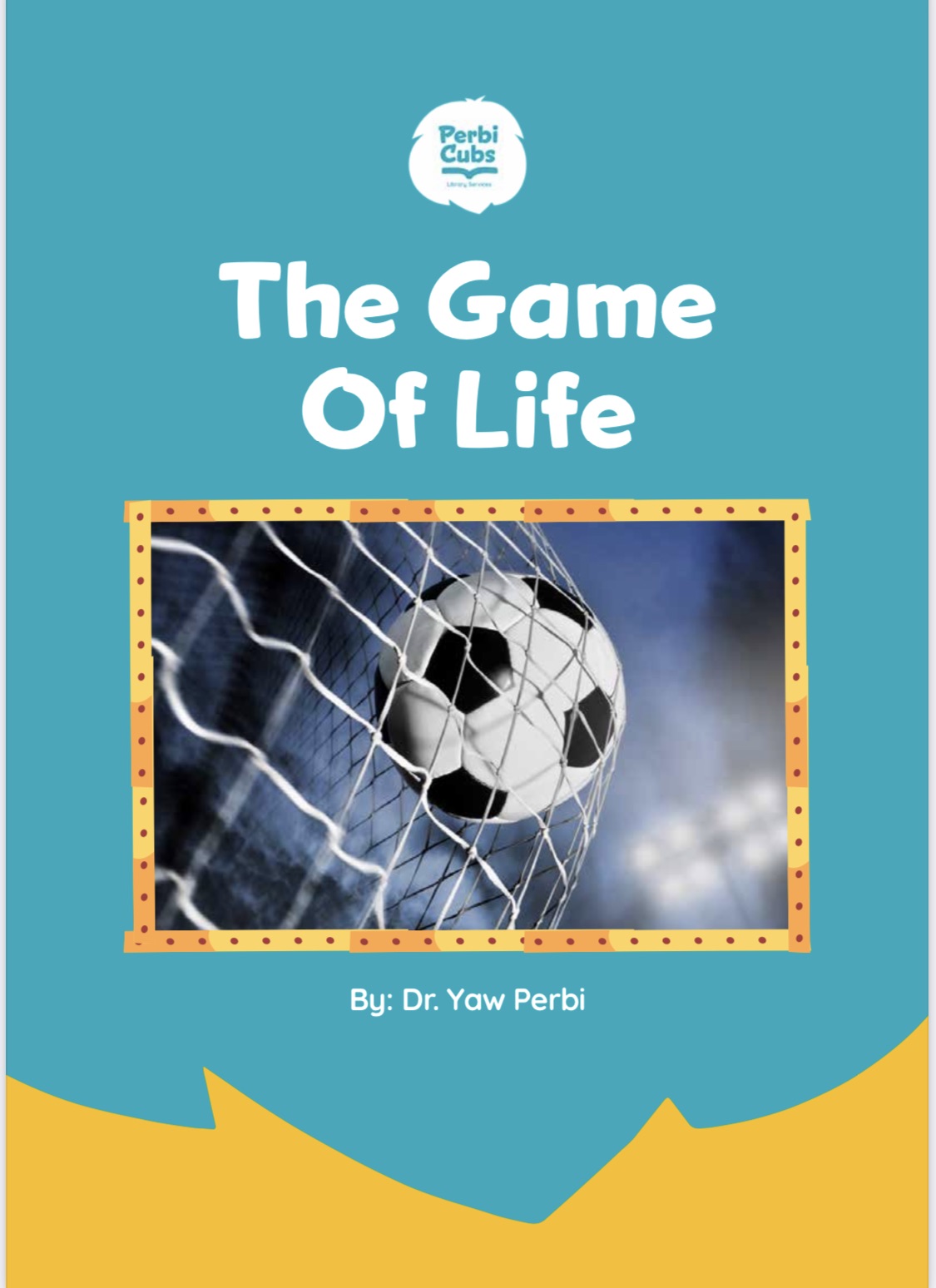
Life is Like Football | There’s No Winning Without Goals
The content of this blog was first published for patrons of Perbi Cubs Library Services. I feel compelled to largely reproduce it here (with tweaks) because of the alarming rate at which adults (including parents of these cubs) are feeling jaded by goal-setting. Perhaps like the greatest teacher who ever lived put it, our attitude should be like children in order to best learn.
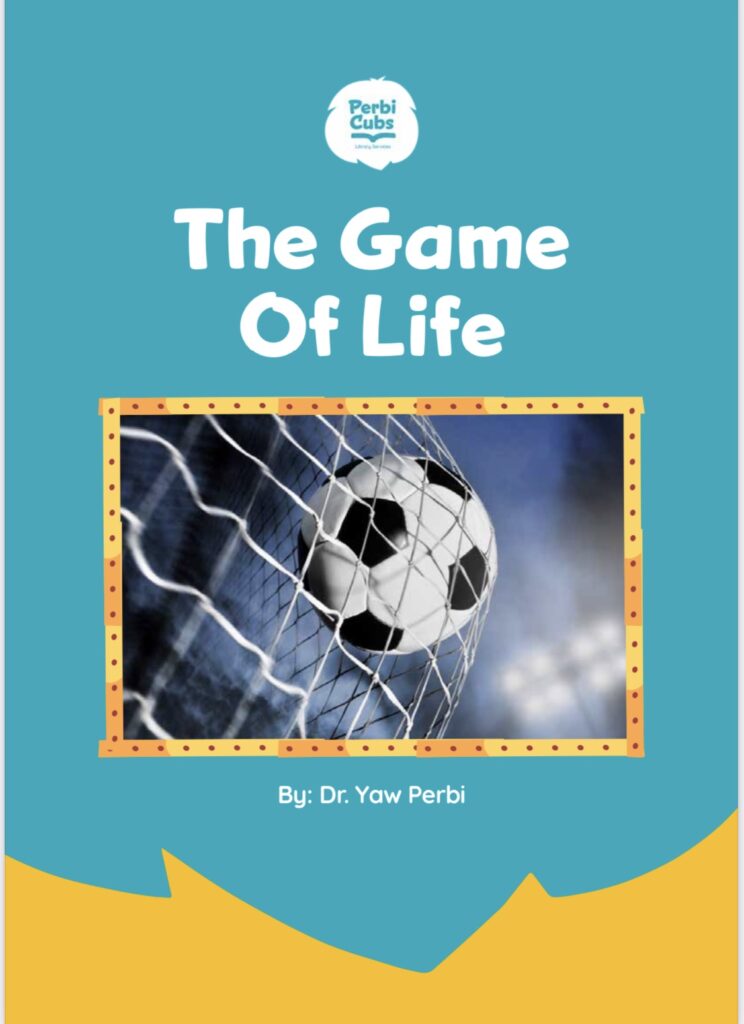
Front cover of original book for Perbi Cubs
“GOOOOOAL!!!” It is not uncommon to hear the whole city or town where you live roar “GOOOOOAL!!!” This is when the favourite local or national football team scores a goal. Sometimes the whole city is dead silent, like a cemetary, because people are anxiously watching the game at the stadium or on television. Some even combine listening to radio commentary with watching television pictures at home! There are barely cars on the road or people in the street. You would think it is a ghost town if you were a visitor passing through until all over a sudden you are jolted by the loud roar “GOOOOOAL!!!”
There will be no point of the game of football without goals. And that is why there are goal posts with a net to capture the ball. The way to get ahead in the game is not all the activities of passing the ball, dribbling, somersaulting or even striking the ball hard and strong but getting the ball into the opponent’s goal posts. The goal of football is to win by scoring goals. Otherwise, all the activity does not mean any accomplishment!
And it doesn’t matter if you are not a football fan. The principle is the same, whatever your favourite game or sport is. Is it basketball, tennis, or swimming? What is the point of the game or sport? How do you keep score? Is there any way to determine who won without keeping score?
LIFE IS LIKE FOOTBALL
It is hard to imagine a game without goals yet many people play the game of life without any goals. No matter how important games or sports are, they are not as important as life itself. So if even football has goals to win how much more should we set goals in life to win at the game of life! And using the notion that Covid-19 derailed much of our goal-setting in 2020 so setting goals is of no use anymore is as ridiculous as saying because a certain football match was rained off (or postponed because there was an earthquake) there should be no more football in future. You must’ve heard before that extreme cases make bad laws.
You may also have heard it before that “if you fail to plan, you plan to fail.” There is nobody I know who plans to fail in life but if they fail to plan, they are automatically planning to fail. You may be very busy in life or working very hard but remember, activity does not mean accomplishment. And without goals, you cannot measure accomplishment.
WHAT A GOAL IS AND HOW WE FAIL
A goal is an aim; an end. A goal is the result to which your activities or effort is directed because activity is not necessarily synonymous with productivity. In a game like football, the goal is physical and obvious. In life, one has to be more intentional about what goals are. Mentor Maxwell calls a certain principle the Law of the Rubber Band: “growth stops when you lose the tension between where you are and where you could be.” So we all need stretch goals! For goals to grow you,“a goal should scare you a little, and excite you a lot,” says Joe Vitale. It is quite the art trying to gauge the best tension because either extreme–too easy or too hard a goal–and we loose the tension in our life’s rubber band (so-to-speak). We’re either too lose and useless or too taught and snap–useless too. We hit nothing when we don’t get the tension right. The goal should stretch but not break us. More about this in my next blog.
The other thing I’ve learnt recently is the best chance of meeting a goal is to set it in line with your personality type (take the DISC personality assessment now if you haven’t). While the high I (sanguine) might be motivated by making a game of goal-setting and rewarding themselves to hit their goals if the high D (choleric) finds a goal whose accomplishments puts her “in charge” (they love control) she will breeze through hers!
IN WHICH AREAS SHOULD WE SET GOALS?
We should set goals in every area of our lives. If we do then we can have all-round success. The greatest leader who ever lived, Jesus Christ, lived a holistically successful life in part because as a little boy, “Jesus grew in wisdom and stature, and in favor with God and man” (Luke 2:52). So we too must set goals in:
-“wisdom” (mental goals)
-“stature” (physical goals)
-“favour” with God (spiritual goals)
-“favour” with man (social goals).
Mental (academic) goals: These are learning goals. A good example of a mental goal may be to pursue a Master’s in business this year .
Physical goals: These are health and wealth goals. A good example of a physical goal may be to eat a fruit everyday this year or to exercise 30 minutes a day at least thrice every week.
Spiritual goals: These have to do with your relationship with God. A good example of a spiritual goal may be to read your Bible and pray everyday.
Social goals: These are about relating to people. A good example could be to institute date nights with your spouse or check on your ageing parents each week.
GOALS MUST BE S.M.A.R.T.
Can you imagine if the goal posts in a game of football weren’t clear? Can you imagine if they could be anywhere on the park at anytime? Also can you imagine if you had no idea how much time you had in the game to score goals and win? Just when you think you have 30 minutes the whistle goes to your surprise within two minutes?
In the same way, the more detailed and sure the goals you set in life are, the better. For us to be able to hit our goals in life, these goals must be S.M.A.R.T. This means they goals should be:
–SPECIFIC: Don’t just set a physical goal like “I want to be healthy.” Be specific by saying, “I will eat fruits to be healthy.”
–MEASURABLE: How many fruits? A bunch of bananas or a dozen oranges? So to make the goal measurable say, “I will eat a bunch of bananas or two dozen oranges to be healthy.”
–ATTAINABLE: The goal should be something you can accomplish. It must be reasonable and realistic. Eating a whole bunch of bananas or two dozen oranges everyday isn’t reasonable. To make your goal attainable, say, for example, “I will eat one banana or one orange to be healthy.”
–RELEVANT: No one should set goals that do not add value to their lives. So ask yourself if this goal adds real value to your life. Is it relevant to be healthy by eating a banana or orange? Yes indeed! This one is a no brainer.
–TIME-BOUND: You must determine if this goal is daily, weekly, monthly, yearly, in five year’s time etc. So to complete making your physical goal Time-bound, you could say, “This year, I will eat one banana or one orange everyday to be healthy.”
LET’S GO LET’S GO!
So! Life is like football. In order to win, you’ve got to have clear goal posts and score goals! Set your goal posts now by setting S.M.A.R.T. goals for the year, quarter, month, week and even today. Score your goals and win in life. That’s the path to success. And yes, you are free to also roar “GOOOOOAL!!!” when you hit your goals too. “GOOOOOAL!!!” Life is like football. You’ve got to have goals to win it.
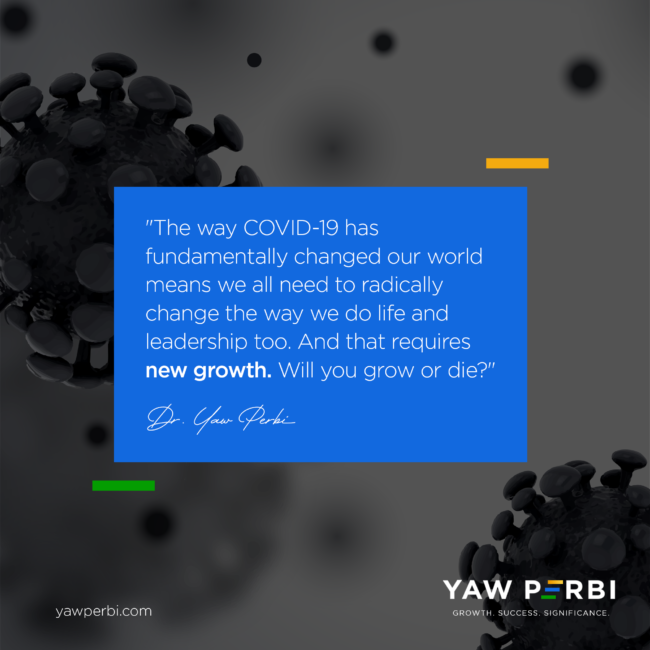
Festival of Nine Lessons & Corona
“The novel coronavirus is not just something for leaders to ”get through” for a few days or weeks. Instead, we need to treat Covid-19 as an economic and cultural blizzard, winter, and beginning of a “little ice age”—a once-in-a-lifetime change that is likely to affect our lives and organizations for years,” says Andy Crouch et al. I concur.
Just before Christmas 2020 my lawyer-banker friend and fellow John Maxwell Certified Trainer/Coach, Samuel Anim Esq., asked that I join him do an autopsy of the pandemic year 2020 live on Facebook/Youtube to draw leadership lessons. I was honoured and humbled. Honoured because it is a privilege to offer thought leadership and there is a myriad of leadership experts to choose from. I was humbled because not only do I not know all the lessons from Covid-19, I am still evaluating and learning from what I would perhaps call “the strangest year of my life.”
Nevertheless I managed to throw a few of my reflections together and gave it a funny title. Since around that time of the year there is the traditional Festival of Nine Lessons & Carols I thought of making this a Festival of Nine Lessons & Corona. Certainly there are more than nine leadership lessons from this Coronavirus pandemic year but here are some:
1. EMBRACE PARADOX
Perhaps no one and nothing captures the paradox of 2020 like Charles Dickens and his classic phrase, “It was the best of times, it was the worst of times” (from A Tale of Two Cities). This same 2020 year, over 1.67 million have died and 42.6 million have recovered. You may have lost someone to COVID-19 but you are alive. I’ve been stuck at home but I’ve had the longest unbroken quality bonding time with my family ever! We lost our family’s physical library services business but gained online business five times the physical capacity. Whole old industries, like aviation, have been decimated but whole new industries have emerged and are booming like Zoom. 2020 has been catastrophic yet catalytic.
Welcome to leadership. Embrace paradox. Think of the paradox of a servant leader, as a prime example of leadership paradox. True leadership is almost always straddling two seemingly opposing worlds, something Bob Fryling describes as “the leadership ellipse” because an ellipse “is defined by two distinctly different focal points that are of equal importance. One point is not inferior to the other, and both are needed if there is to be an ellipse.” I previously blogged about this in more detail here.
“It was the best of times, it was the worst of times, it was the age of wisdom, it was the age of foolishness, it was the epoch of belief, it was the epoch of incredulity, it was the season of light, it was the season of darkness, it was the spring of hope, it was the winter of despair.” ― Charles Dickens, ‘A Tale of Two Cities’
If leadership has always been about managing the tension of tasks or people, money or mission, the present or the future, inner spiritual longings and the outward needs of the group we lead, being and doing, community and cause, truth-telling and putting the right spin on things, to live in the world without being of the world, to be faithful or fruitful etc. then all of these have been put on steroids in a para and post-Covid world.
I have said before and I repeat: “the degree to which one is able to be comfortable with and live, love and lead well in the tension of this and that, yin and yang, determines their ultimate leadership success or otherwise. From my little experience and research, the best leaders in the world are those who are not only able to get comfortable with being uncomfortable living in such tensions but mastered the art of dextrously handling both well.” The post-Covid world leaves us no choice. Embrace paradox or die.
2. MAINTAIN THE MISSION, MUTATE THE MEANS
You and yours don’t want to end up like the Choluteca Bridge in Honduras. It was initially built in 1930 and reconstructed in 1996 to withstand tough weather conditions, including hurricanes. Well, two years later, in 1998, the bridge did prove its mettle, withstanding the category five storm, Hurricane Mitch, that devastated Honduras. Buildings were destroyed and roads wiped out but the bridge survived in near perfect condition. The only problem was that there were no roads for it to connect to anymore (roads wiped out at both ends) and the strong winds of the hurricane had caused the river to carve out an entirely new path that no longer ran under the bridge!
Think about it: a bridge connecting to nowhere and no one; and over nothing! If a bridge is no longer a way or a means to a desired end, then what is it? Similarly, if your pre-Covid means are no longer effective post-Covid as ways to deliver your mission, then of what use are they?
You certainly don’t want to lose sight of your vision or your grip on your mission but when it comes to your strategies, your ways and means to accomplish your mission, you don’t ever want to be dogmatic about that. In matters of mission, be as solid as a rock; but regarding the means flow like a river.
THE OTHER SEVEN LESSONS
3. Global community is the real deal context of leadership
4. Capitalize on era of Business without Borders
5. Heed the Harm to our House (Earth)
6. Inequities, Inequalities, Integrity-lessness will be exposed with time
7. Reflective lifestyle is the must-have rhythm of leadership
8. Become and raise agile “VUCA Prime” Leaders (VUCA is an acronym for Volatile Uncertain Complex Ambiguous)
9. HOPE is the real vaccine.
For further details of each lesson, watch the full video here.
CONCLUSION
If there is any one of these nine Covid-19 life and leadership lessons you need to grow in for a more successful 2021 you’re in good company. Join me. Come to the growth table. Join the 15 Invaluable Laws of Growth January journey in the form of a mastermind group of just 15 high level executives. Register right now here. The way COVID-19 has fundamentally changed our world means we all need to radically change the way we do life and leadership too. And that requires new growth. Will you grow or die?
Post Script
Earlier in the last quarter of the year I shared my faith-based Covid-19 reflections vis-a-vis Christian mission with pastors and church leaders here.
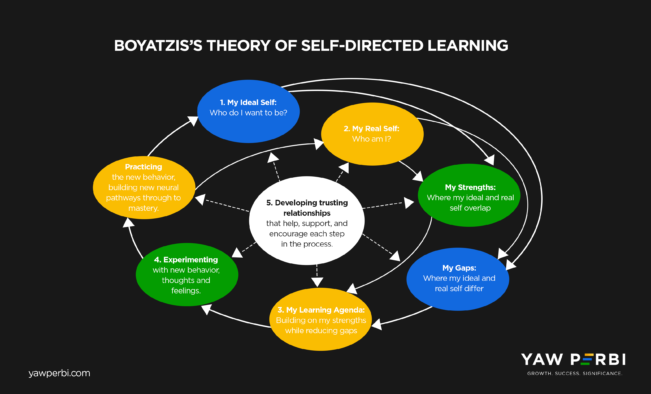
GET COACHED | How does it work?
“Your journey to leadership is likely to take many unexpected turns. Life is full of challenging situations, including ethical dilemmas, midcourse career changes or burnout, seemingly intractable interpersonal challenges, marriage and family issues, failures, and loneliness. At times, you may feel you are losing your way or have gotten off course from your True North. Getting back on track alone is very difficult, perhaps even impossible” (Bill George). That’s why you need a coach.
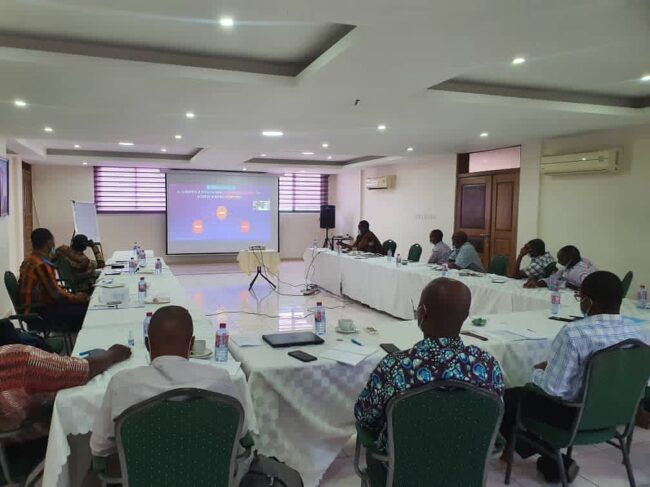
A group of Medical Superintendents in Ghana viewing a live YAW PERBI presentation on Emotional Intelligence via Zoom
If you’ve followed me on social media over the last few days you should’ve noticed a couple of posts about my excitement to train a group of Medical Superintendents in Ghana on Emotional Intelligence (EQ). Of course everybody needs (EQ) but one reason doctors in particular do is that they tend to think because they are smart and got into med school they would be successful in life and leadership. To our rude shock (and I say ‘our’ because I am a doctor myself), after a certain threshold, intelligence (IQ) doesn’t matter anymore, and what gives the winning edge to succeed is all EQ.
NO ONE CAN HELP THEMSELVES WITHOUT BEING HELPED
After an hour of training on what EQ is, five reasons why it’s key and how to acquire it, I left them with Boyatzis’s theory of self-directed learning. I first encountered this during my read of Primal Leadership, a book he co-authored with the chap who most popularized EQ from 1995 till date, Daniel Goleman. Boyatzis’s map (see below) begins with a hopeful “Who do I want to be?”, a picture of your ideal self. This existential question is at the very apex of Maslow’s hierarchy of needs (if you remember); it is a question of self-actualization. But the next question, which in my opinion really should be the first, is ‘Who am I?’, your real self.
Integrating those two questions reveals one’s strengths (where your ideal and real self overlap) and your gaps (where your ideal and real self differ). Your learning agenda or growth plan, therefore, basically involves building on your strengths while reducing your gaps. And so you begin: experimenting with new thoughts (head), feelings (heart) and behaviours (hands). Practicing your new behaviours actually results in building new neural pathways to success/mastery.
But here is the kicker: Central to all of these points, steps, and pathways is “DEVELOPING TRUSTING RELATIONSHIPS that help, support and encourage each step in the process.” Again, that’s where a professional coach comes in. Even in this so-called ‘self-directed’ learning, no man is an island and needs the vital trusted relationships to make their growth and goals happen.
COACHING MOMENT
Do you have someone that will tell you the truth and to whom you can tell the truth? Do you have the authentic relationships and customized resources to clarify your beliefs and values and understand vital personal and professional issues and receive honest feedback when you need it most?
A coach’s responsibility is to provide content, insight, tools, wisdom, framework, ideas, and feedback. YOUR responsibility is to move from awareness to action and accountability. Our coaching provides many structures for you to meet your individual and organizational goals.
For John Maxwell certified coaches like myself, whether it’s one-on-one executive coaching or one-on-few, we like to say that the objectives of coaching include, but are not limited to:
- Discovery of personal identity, emotional needs, purpose (vision & mission) and values
- Crafting of personal, professional and corporate Growth Plan
- Adding an objective and supportive third party to your leadership team
- Increasing accountability of your personal and professional goals
- Improving specific skills related to your role. Such as managerial skills, communication, conflict resolution, time management, productivity, and effectiveness
- Sharing best practices from other organizations that have done similar work
- Reviewing strategic business decisions related to operations, customer service, marketing, financials, and more
- Being a sounding board
- Preventing problems, thereby avoiding expensive, time consuming or embarrassing actions
- Supporting your growth past your limiting beliefs
- Conflict resolution
- Creating a team atmosphere
- Relationship development for success and significance.
COACHING OPTIONS (FOR C-LEVEL EXECUTIVES, OWNERS & GENERAL MANAGERS)
Coaching Categories: Depending on your goals and budget, at YAW PERBI we offer Green, Blue and Gold level coaching. Currently only Gold services are available, and they are limited.
Time & Place: All coaching programs require a minimum time investment of 6-12 months. Coaching is a marathon, rather than a sprint! Depending on whether Green, Blue or Gold level, the coaching package includes 2, 3 or 4 sessions a month lasting approximately 60-90 minutes. Sessions can be at your office, my place of business, or a mutually agreed upon location. In these days of COVID-19, online coaching is our mainstay via Zoom. Phone coaching is also an option but I prefer to see the individual to observe body language and such.
Special arrangements: Sometimes included in a gold package is two full days of shadowing, facilitation of a two meetings of your choice (up to 2 hours each), and unlimited phone calls and emails in between sessions. In addition, you or any of your employees will benefit from a 25% discount for any company training/workshops.
Other coaching services: Group Coaching, Sales Coaching, Couples Coaching, Business Partner Coaching, Youth Coaching, Relationship Coaching, Genogram Coaching and more (they include these but not limited to them).
Payment arrangements: These are to be made before services are provided, and as agreed upon via this website, mobile money, PayPal, cheques or bank transfers.
Miscellaneous: We will always be punctual. If you need to reschedule, 24 hours advance notice is required or one-half of the coaching session is lost. If for some reason I need to reschedule and do not do so with a 24-hour notice, you will be credited with an additional one-half coaching session, at no additional charge. Our coaching relationship is completely confidential. We will never share your identity or any information about you with any other person or organization without your expressed consent. In the unlikely event that there are concerns that need to be referred to another professional, I may be able to make that suggestion to you.
Completing our coaching relationship is a mutual decision. While my retention percentage is very high, there may come a time when you determine that it is time to complete our coaching relationship. If and when that time comes, I expect that the coachee will give me at least four weeks’ notice. That will give us time to summarize your growth/learning and strategize your next steps.
Our services are unconditionally guaranteed. If at any time you feel that you are not getting the support, honesty, coaching, or training that you expect, then you need to tell me.
LET’S GO!
If you are serious about growth, success and significance you need a coach. The proof of your commitment is your investment of quality time, best effort and substantial money. Even as a coach, I also have a paid coach. Everybody needs somebody to coach them. So! Make arrangements here and now for a 30-minute exploratory call to see if we would be a good match.

Personal and Corporate DNA: Vision, Mission and Values
Your vision, mission and values constitute your DNA, personal and corporate. Here’s why and how.
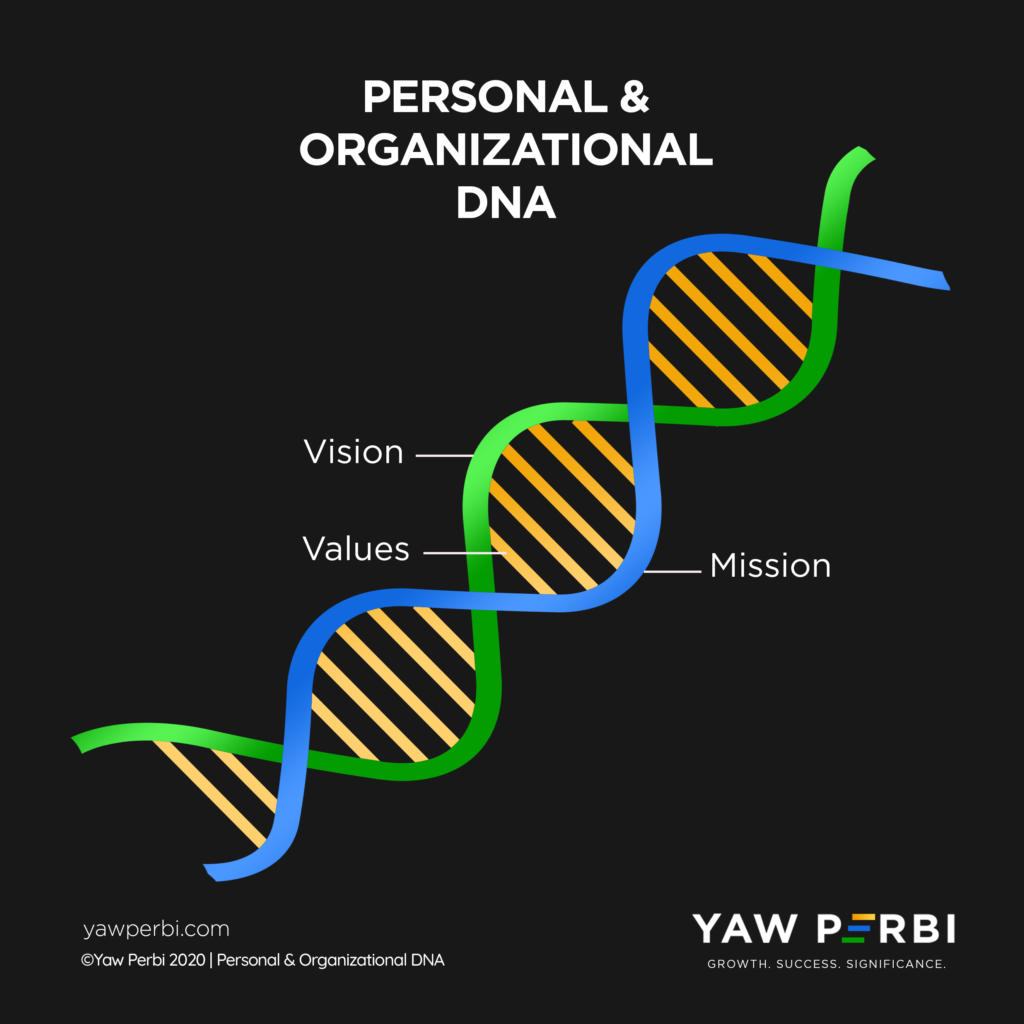
Vision, mission and values are really the life-giving and life-forming essence of persons and organizations
Whether one-on-one executive coaching or one-on-few, an exercise that energizes me most is getting into personal/corporate vision, mission and values. Once, I was invited to be a keynote speaker at an organization whose founder and CEO I greatly admire and respect. After the plane ride and having rested up, I got to their premises and looked round their impressive corporate building (no mortgage; all already paid for). I couldn’t help noticing the huge murals that spelt out the organization’s vision and mission. They were literally bill boards all over the walls trying to spell out why they existed and what they sort to accomplish.
Then I began to be concerned as what had been stated as their vision looked like what should be the mission and the mission was… well, let’s just say I was concerned. How was I to bring this up to the ‘big man’ without offending him too much, especially knowing how vital vision, mission and values are in giving life and forming persons and organizations? Without a deep and urgent intervention regarding the writings on the wall, I was afraid the writing was on the wall.
SOME CORPORATE SCIENCE
Permit the doctor in me to explain some fundamentals about DNA. DNA is the material that carries all the information about how a living thing will look and function. Each piece of information is carried on a different section of the DNA. These sections are called genes. DNA is short for deoxyribonucleic acid. It is in every cell of every living thing, even your fingernails! DNA is tiny but consequential; scientists need to use very powerful microscopes to see them. DNA has a complex structure but basically looks like a ladder that is twisted into a spiral. Each piece of DNA has two long strands (like the sides of a ladder). The two strands are joined together by chemical bases that form the rungs of the ladder.
Person and organizations are living things also. Vision, mission and values are the stuff that carry all the information about how they will look and function, survive and thrive. Vision and mission are akin to the two helical strands of DNA and values are the pieces that hold both sides together like the rungs of a ladder. This is the biochemistry of corporations.
Do you know that what determines how you look (eg. colour and texture of your hair, colour of your eyes and skin), how your lungs work, your blood type etc. are all determined by DNA? There are about 3 billion pairs of the chemical bases on the strands that connect with the other strand. The order in which the bases are arranged is very important. It forms a code that tells cells to make certain kinds of proteins. The differences in these proteins is what makes different living things—such as a plant, a panther, and two different people—different. You and I are different as persons, so are Unilever and Microsoft, or F.C. Barcelona and Manchester United, based on DNAs. Arsenal’s DNA codes for redness and Chelsea’s for blueness.
When DNA works correctly, it helps keep the body functioning properly. DNA helps cells to make proteins, which the cells need to live. DNA also allows living things to reproduce. The genes in DNA pass along physical traits from parents to children. Sometimes there are mistakes in DNA. These mistakes are called mutations. They can cause diseases and other problems.
INTERVENTION
Here are two disturbing observations I’ve made regarding vision, mission and values. One is the peer pressure of having them because just because ‘everyone else does’ and it’s in vogue. This pressure to look good because you have a mission statement on your office wall has gone even to the extent that people even look at those of companies or persons they admire and just blindly copy them as their own! Imagine my body copying your body’s DNA! The other disturbing observation is that people have no idea which is which (particularly vision and mission) and have them all over the place! If you need personal or corporate coaching to get this right, please do! This is vital. Vision, mission and values are really the life-giving, life-forming and life-replicating essence of persons and organizations.
VISION & MISSION
Vision is literally what we want to SEE. It is about Being. Think of it as a noun. Mission is what we want to DO to see what we want to see. It is about Doing. Think of it as a verb.
So for example, my vision for this executive education company YAW PERBI is to see a flourishing global ecosystem of authentic leaders characterized by healthy growth, holistic success and lasting significance. Consequently, our mission is to offer authentic and customized relationships and resources to C-level executives to grow personally, succeed professionally and become significant corporately.
Another family company that is into library services for children is known as Perbi Cubs. That company has a different DNA from YAW PERBI, though both entities bear the name Perbi and have some things in common. The DNA of Perbi Cubs is different because its vision, mission and values are different. The vision of Perbi Cubs is to see EVERY African family successful as a product of an enlightening culture of leisure reading. And what are they doing to see what they want to see a.k.a mission? To deliver an evidence-based, literacy-promoting endeavour to an engaged community of families hungry to know more so they can be more, do better and succeed.
Yet another family business, Trenor Coats & Gowns Ltd., has had a vision since its founding in 2009 to be a leader in the textiles care industry in West Africa. The mission is to provide customers with world-class textile care services driven by state-of-the-art facilities, trained and dedicated employees, and superior customer services.
By now you’ve had enough to chew on regarding the double DNA helix of vision and mission. I’ll save the rungs of the DNA, values, for a later blog.
AT THE END OF THE DAY
Individuals and organizations ought to make the time to clearly hone out their clear vision, passionate mission and compelling values. This is a fundamental function of leadership. The help of a coach or consultant is highly recommended. It must be done right. I strongly advise individuals to make sure that their personal DNA aligns with the corporate DNA of whatever organization they work for/with (or seek to work for/with). DNA is life. No DNA, no life; bad DNA, bad life–be it personal or corporate. Choose life!

I’m Serving Up: Here’s How.
Like leadership, there are umpteen definitions of culture. My favourite is the simplest. Culture, whether ethnic or corporate, is simply the way things are done here. How things are seen to be done at YAW PERBI is determined, like Apple or Android, by our unseen Operating System (OS). That OS or worldview feeds our beliefs, informs our values, which in turn determine our behaviour.
As we carry out our vision and mission, here are our 7 YP values and what they mean:
1. People. We value people: People come first; not stuff. People are the only creation that bear the imago Dei (image of God). That should mean something; everything.
a. We are aware that without people we are nothing.
b. We value relationships and foster community.
c. We grow people, clarifying their identity, giving them purpose, unearthing gifts, nourishing persons to flourish.
d. We pride in, promote and protect family.
e. We offer high care to our clientele, with a great deal of empathy.
f. Our exceptional client experience leaves them feeling wonderfully valued.
2. Growth. We value growth: We grow or die. There’s no middle way.
a. We invest in ourselves and invest in others’ growth; continually.
b. We are sworn to lifelong learning in a diverse community till we die.
c. We strive to be knowledgeable and enlightened in order to succeed.
d. We expect pain to be associated with grown and have made peace with the fact.
3. Particularity. We value particularity: One size doesn’t fit all. Each client is different and has a unique life story and makeup.
a. We see and treat each person reverently, as wonderfully made.
b. We invest in getting to know our clients’ life stories, identity, purpose, and SHAPE.
c. We honour the above (a & b) by customizing our offerings.
d. We provide tools to discover and affirm uniqueness of each client and match them to the appropriate relationships and resources.
e. We pride in and promote the prestige of the executive class.
4. Excellence. We value excellence: We go above and beyond.
a. We exceed expectations as a habit.
b. We work hard and play hard.
c. We take our word and commitments seriously.
d. We do not compromise on quality–it is a virtue.
e. We do anything that is worth doing, well.
5. Success. We value success: We are passionate about all-round prosperity.
a. We are committed to the progressive realization of worthy goals and ideals; our clients’ goals are ours.
b. We inspire and motivate ourselves and our clientele to see and seize their dreams.
c. We long for holistic success.
d. We are victory connoisseurs.
6. Authenticity. We value authenticity: No fake folks or fake news, no fake products or services.
a. We lead, coach, author, speak and train with integrity.
b. We are truthful about ourselves and our offerings.
c. We can be trusted.
d. Our ways and means are proven to produce desired results. What we promote works.
e. We are in public who we are in private.
f. We are holistic in thinking and living, in our being and doing.
g. We strive to live and lead such that those who know us and love us the best (family and friends) respect us the most.
7. Significance. We value significance: We live to ‘make a dent in the universe’.
a. We look outward, beyond ourselves.
b. We work towards things that benefit communities, nations and generations.
c. We are inspired by the thought that our best works will outlive us.
d. We bear in mind that only what is done for God’s glory by God’s grace will last.
WHAT’S COOKING & HOW WE’RE SERVING
So now, you don’t only know our menu–the vision and mission–you also know the manner in which we plan to dish it all out. I’m serving up. Take a seat.

